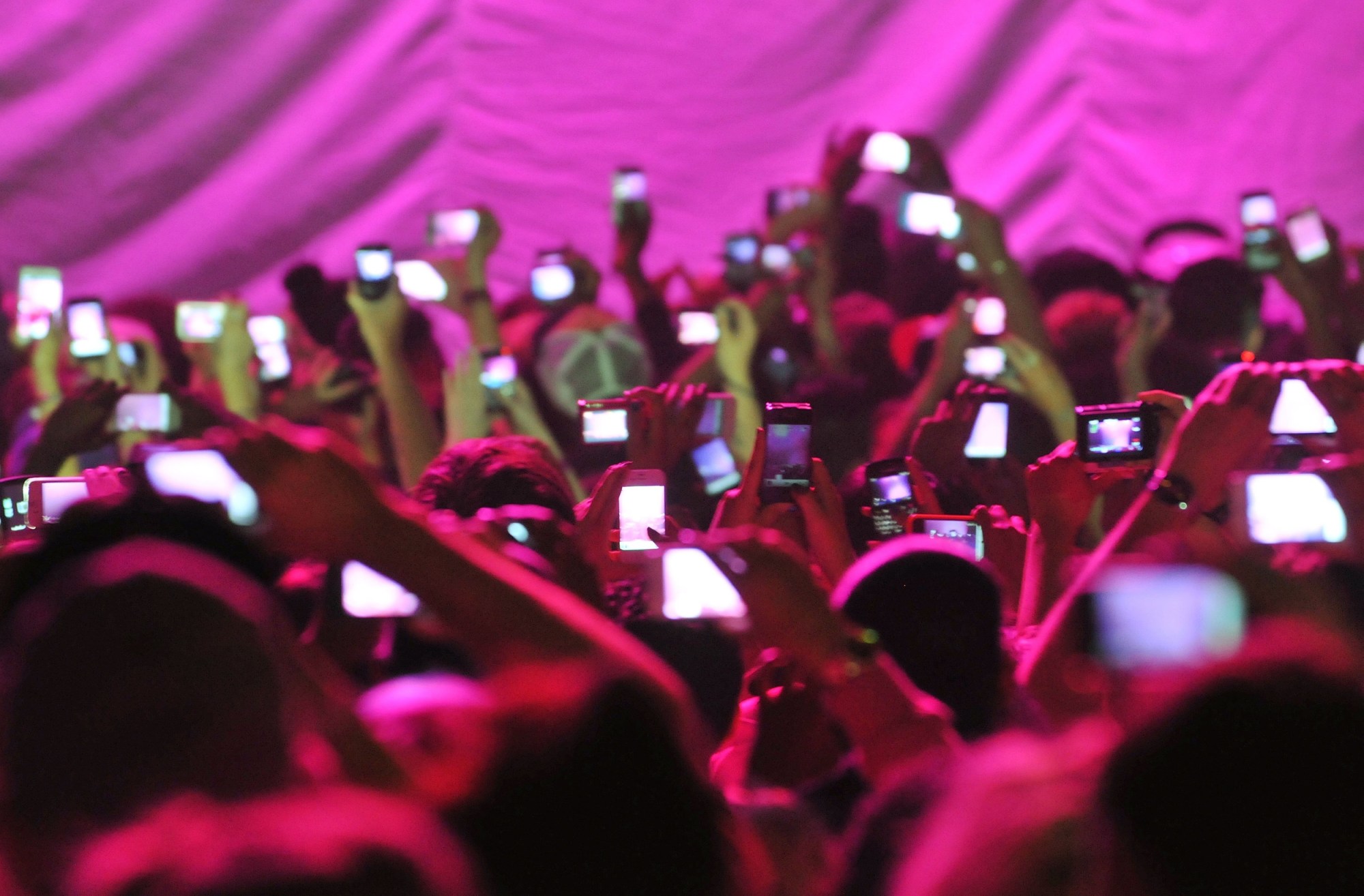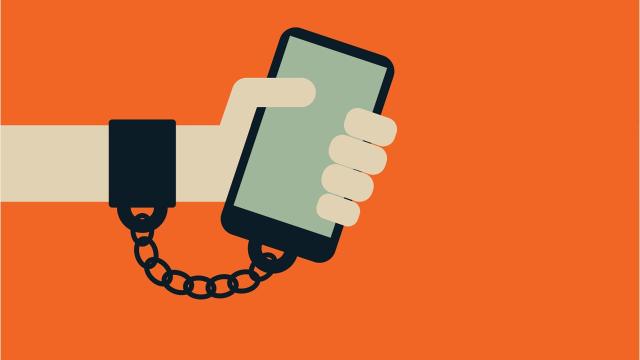Why you should read every social media’s terms and agreements
In early 2020, The Social Dilemma opened at Sundance. The film exposed interviews from former high-ranking employees of different social media companies and explored why everyone should read the terms and agreements when signing up for social media.
The interviews also outlined severe psychological and sociological problems that these companies consciously create.
Former employees shared their discontents with how social media platforms are designed to be as addictive as possible.
“There are only two industries that call their customers ‘users’: illegal drugs and software.”
Edward Tufte
And yet, when these employees told their bosses about their ethical concerns, they were completely ignored.
The attention economy
Psychologist and economist Herbert A. Simon suggested that a person’s attention is finite and incredibly valuable. But, with one billion active monthly users, Instagram has molded the possibilities of the attention economy.
“A wealth of information creates a poverty of attention.”
Herbert A. Simon, 2020
More entertainment and information are available at our fingertips than ever before. And, this makes the attention economy a highly competitive space.

More than that, social media has been successful at persuading users to maximize their time online.
How your data gets exploited
When people swipe to the end of the Terms and Agreements page, they allow these platforms to data-mine their information. And many are not aware of this.
Such information is used to personalize notifications and advertisements. This not only generates revenue but, obsession within users. So, each feed will be structured differently to match personal social media habits.
Just think, how many times have you said something in conversation only to have it pop up on your feed minutes later?

Social media platforms use this data to exploit human desires for connective validation. They use personalized notifications and feed-algorithms to deliver pleasure.
Social media has done incredible things for social justice, global connectivity, and education. However, as these companies recognized means to monetize their platforms, concern for the well-being of users was discarded.
Your data is the most valuable resource on earth – pay attention to the terms and agreements on social media
In fact, the information that seems personal is no more than a corporate strategy. It is also important to remember that we can’t equate reality with social media. We are nothing more than numbers to them. After all, since 2017, user data surpassed became the world’s most valuable resource.
Social media is relatively a new medium. They haven’t been around long enough to have extensive regulations. Yet, we have made them very wealthy and powerful. So, they may end up buying their ways through any sort of inhibitory regulation.
Remember when Facebook invaded the privacy of 87 million users? They used their data to help Cambridge Analytica – a company that claimed to have 5,000 data points on every American. Not only did they sold their users but also swayed multitudes of American voters.
After the Federal Trade Commission found them guilty they paid a mere $5bn fine and had some regulations imposed.
For reference, Facebook is valued at $279 billion. So, to imagine that this fine will force them to be moral is naive. Watch The Great Hack on Netflix to learn more about the Cambridge Analytica scandal.
Staying blind to parasocial relationships
Celebrities and rising macro-influencers on social media have monetized themselves through parasocial relationships. These are one-sided relationships in which one party (the user) invests their interest into a second party (the celebrity or macro-influencer).
Such celebrities and macro-influencers operate in similar ways as these companies. Both make their advertisements seem as personal as possible. But, every time we watch a Kardashian on Instagram, it deepens the illusion of a relationship between the viewer and celebrity.

These celebrities and macro-influencers falsley seem to be getting paid to be themselves. When in reality, they’re getting paid to push users to spend time and capital on brands they’ve partnered with.
Psychological and sociological consequences of not paying attention to social media terms and agreements
Because of the addictive nature of social media, the influencer’s presence can’t be ignored.
Social media accounts are nothing more than highlight reels of users’ lives. And it’s difficult to not compare yourself. More than ever, young people are internalizing insecurities formed through comparing themselves to others.
For example, the popularization of lip-fillers by macro-influencers like Kylie Jenner. The number of people to have gotten lip fillers since Kylie got hers is massive. To the point, that plastic surgeons even coined the phrase “The Kylie Jenner Effect” to describe the alarming number of people seeking to look like her.
And mental health has become an increasingly worrisome subject too. According to psychologists on The Social Dilemma, between 2011 and 2013 depression and anxiety were up 189% in preteens. This has a direct correlation to social media use.

Further studies suggest that increased Instagram use associates with a greater tendency towards certain eating disorders. While celebrities and influencers are not to blame for these, the data emphasize how deeply young people may be affected by comparing themselves.
What can you do?
More than anything else, it’s vital that users remain mindful when using social media. These apps can offer a lot in terms of creative inspiration and entertainment. But, don’t forget that these platforms are structured in ways that keep your focus forever.
Netflix documentaries, such as The Social Dilemma, or The Great Hack, are important to learn from. They outline the deficits of such apps and how much stress they add to people’s lives.
I’m sure you’re well aware of the many problems that these documentaries share. But still, they serve as healthy reminders of social media’s deep flaws.
Quarantine has forced us to confined ourselves online. But don’t forget that the life that matters most is outside the internet.


